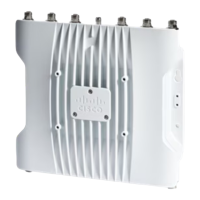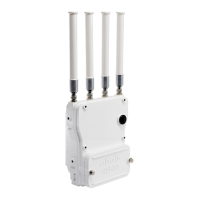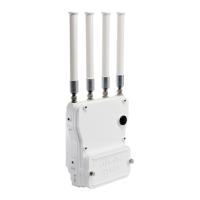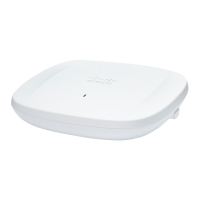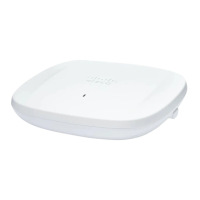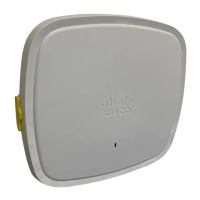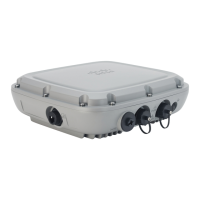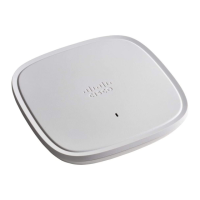CHAPTER 3
Installation Overview
• Preinstallation Checks and Installation Guidelines, on page 17
• Mounting the Access Point, on page 18
• Installing a Lightning Arrestor, on page 24
• Grounding the Access Point, on page 26
• Powering the Access Point, on page 28
• Connecting an Ethernet Cable to the Access Point, on page 32
Preinstallation Checks and Installation Guidelines
Before you mount and deploy your access point, we recommend that you perform a site survey (or use the
Site Planning tool) to determine the best location to install your access point.
You should have the following information about your wireless network available:
• Access point locations
• Access point mounting options: To a vertical or horizontal wall or a DIN rail
• Access point power options: Use either of the following options to power the AP:
• DC power input
• Cisco-approved power injector
• 802.3at (PoE+), 802.3bt, and Cisco Universal PoE (Cisco UPOE)
• Operating temperature : -40° to +140°F (-40° to +60°C) with solar load and still air.
• Extended operating temperature (DC powered): -58° to +167°F (-50° to +75°C) without solar loading,
still air, and cold start limited to -40°C (-40°F).
• Console access using the console port
We recommend that you use a console cable that is one meter or less in length.
The AP may face issues while booting if you use an unterminated console cable
(not plugged into any device or terminal) or a console cable that is more than one
meter in length.
Note
Cisco Catalyst IW9165D Heavy Duty Access Point Hardware Installation Guide
17

